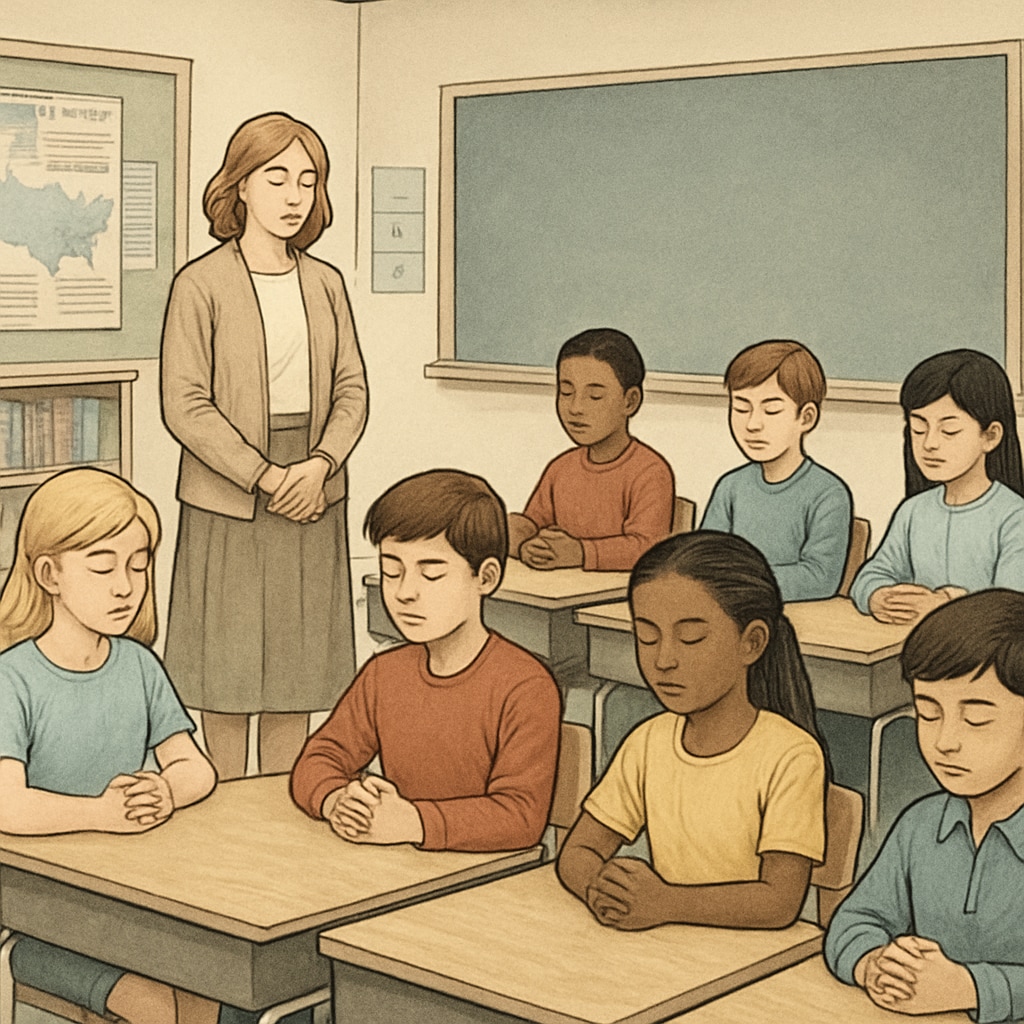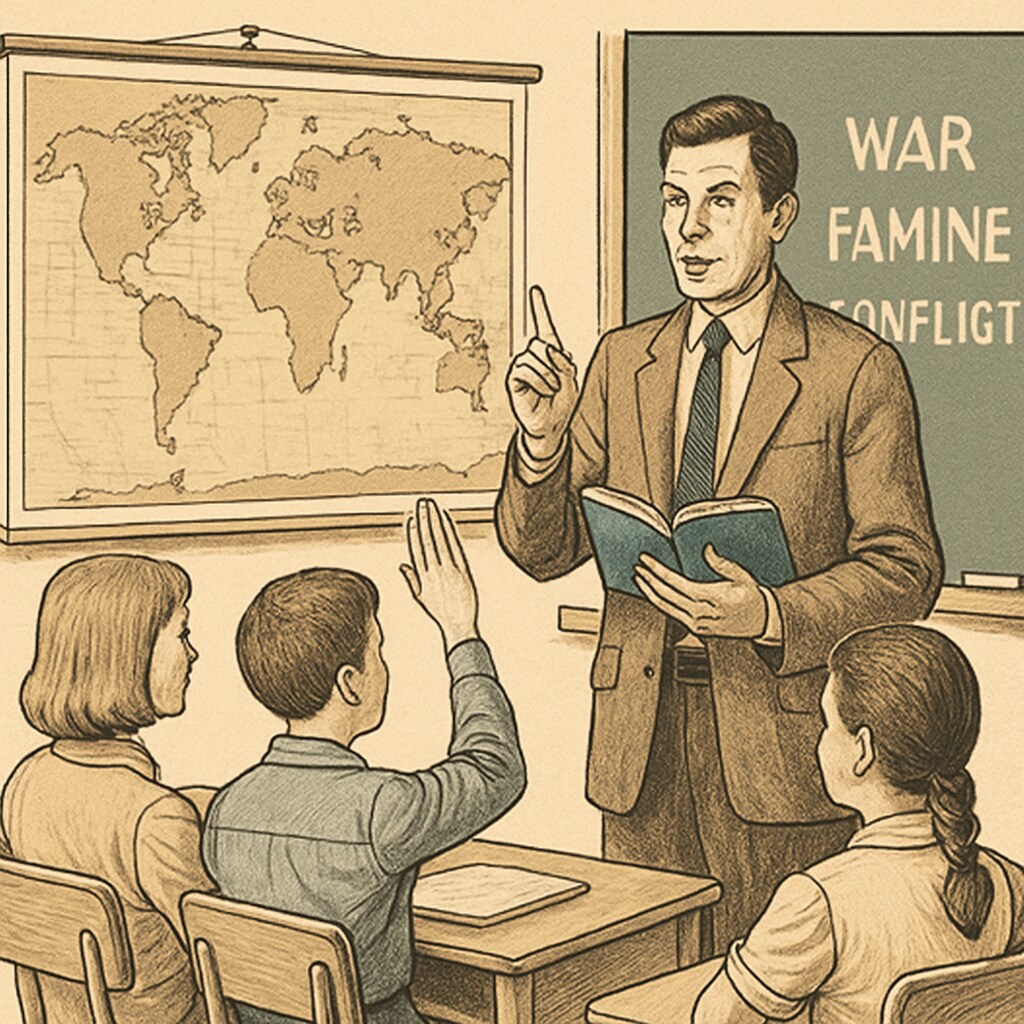The decision by schools to generalize a moment of silence for Gaza mourning to include “global conflict victims” has sparked debates on educational neutrality, political avoidance, and its impact on student awareness. While intended to minimize controversy, this approach raises questions about whether schools are inadvertently avoiding critical discussions that could help students understand the complexities of global crises.
Understanding the Shift: From Gaza to Global Mourning
The Gaza conflict has been one of the most emotionally charged global issues, with devastating consequences for civilians caught in the crossfire. Schools often aim to respond to such tragedies through symbolic gestures like moments of silence, allowing students to reflect and empathize. However, the decision to broaden this mourning to encompass all global conflict victims introduces a layer of neutrality that can dilute the significance of specific events.
Neutrality in education can be a double-edged sword. While it aims to avoid alienating students and parents with differing political beliefs, it can also strip important historical and contemporary events of their context. For example, how can students truly understand the humanitarian crises in Gaza if they are not encouraged to learn about its unique political, social, and historical dimensions?

Political Avoidance in Education: A Missed Opportunity?
One of the driving forces behind the decision to generalize Gaza mourning is the desire to avoid political controversy. Schools, particularly in diverse communities, must often navigate a minefield of conflicting perspectives. However, this avoidance can come at the cost of meaningful education. By opting for a generalized approach, educators may miss the opportunity to foster critical thinking and empathy for specific groups affected by global conflicts.
In addition, political avoidance can inadvertently send the message that certain crises are interchangeable or of equal severity. This approach risks oversimplifying complex issues and undermines the importance of recognizing the unique challenges faced by specific populations, such as those in Gaza.
For example, according to Britannica’s exploration of education, one of its key aims is to prepare students for active, informed participation in society. Avoiding political controversy in schools can hinder this goal, leaving students ill-equipped to navigate real-world challenges.

The Impact on Student Political Awareness
Expanding Gaza mourning to include all global conflict victims affects students in several ways. First, it may limit their understanding of specific geopolitical issues, as the focus shifts from individual crises to broader, generalized themes. Second, it could reduce their ability to critically analyze the factors that lead to such conflicts, as the educational narrative avoids delving into politically sensitive topics.
Students thrive when presented with opportunities to grapple with challenging issues. Encouraging discussions about Gaza or other specific conflicts can help them develop empathy, historical awareness, and critical thinking skills. This aligns with the principles outlined by organizations such as UNESCO, which advocate for education as a means of promoting peace and understanding.
Moving Forward: Courage in Crisis Education
What can educators do to balance neutrality with meaningful education? First, schools must acknowledge the importance of addressing specific crises while creating a safe space for diverse perspectives. This could involve presenting factual accounts of events, facilitating open discussions, and encouraging students to explore multiple viewpoints.
Second, educators should embrace the complexity of global issues rather than shy away from them. Highlighting the unique aspects of conflicts like Gaza can deepen students’ understanding and foster a greater sense of global responsibility.
Finally, schools should strive for transparency in their decision-making processes. Parents, students, and teachers should be involved in discussions about how moments of silence or other symbolic gestures are structured, ensuring that these efforts genuinely reflect the values of the school community.
As a result, education can become a powerful tool for equipping future generations with the knowledge and empathy needed to tackle global challenges head-on.
Readability guidance: Use concise paragraphs and lists to present key points. Incorporate active voice and transition words to enhance flow. Avoid long sentences and ensure clarity throughout.


